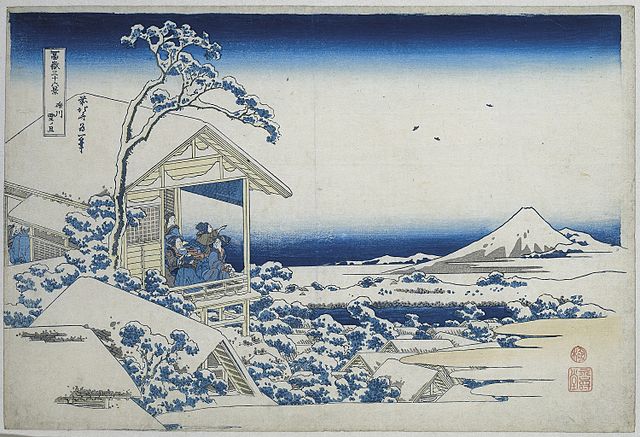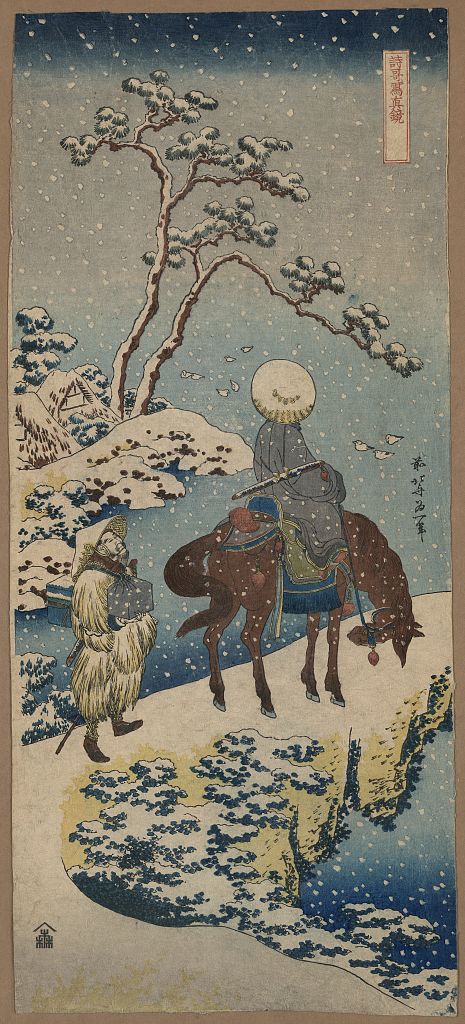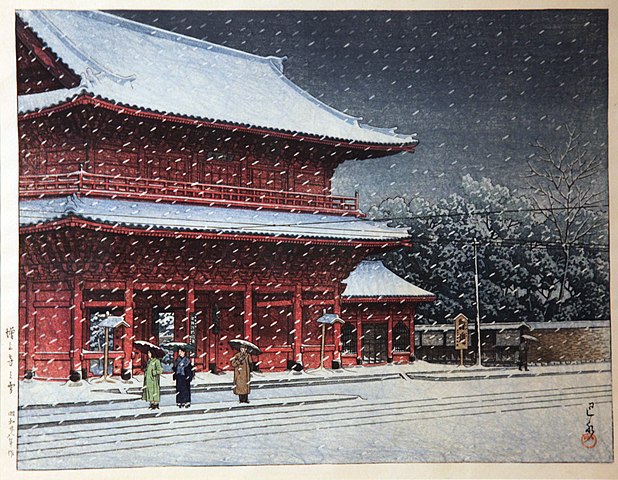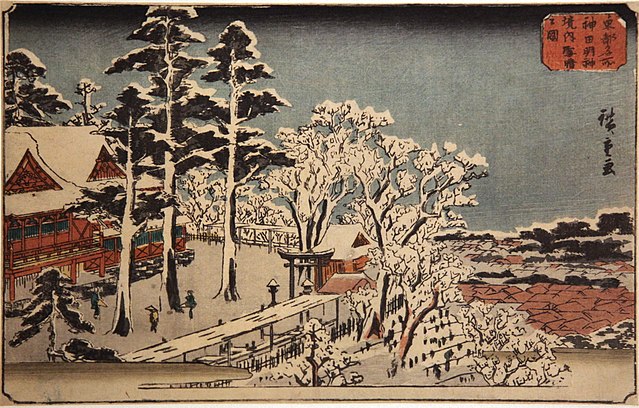
Thammasat University students interested in Japan, media and communications studies, history, political science, international affairs, Asian studies, and related subjects may find it useful to participate in a free 16 December Zoom seminar on Japan on American TV: An Alternate History of US Fascinations and Fears of Japan.
The event, on Friday, 16 December 2022 at 3:30pm Bangkok time, is presented by the Sophia University Institute of Comparative Culture, Tokyo, Japan.
The TU Library collection includes many books about different aspects of Japanese media representation.
The speaker will be Professor Alisa Freedman, who teaches Japanese literature, cultural studies, and gender at the University of Oregon.
The TU Library owns books containing research by Professor Freedman.
The event webpage explains:
This talk explores political, economic, and cultural issues underlying depictions of Japan on US television comedies and the programs they have inspired. Since the start of regular broadcasting in the 1950s, US television programs have taken the role of “curators” of Japan, displaying and explaining selected aspects for viewers. Beliefs in US hegemony over Japan underpin this curation process. Drawing from my book Japan on American TV, I will take a historical perspective to understand the diversity of TV parodies about Japan and show how these programs reflect changing patterns of cultural globalization and perpetuate national stereotypes while verifying Japan’s international influence. I will suggest strategies for using TV comedies as research and teaching tools to gently approach racism, cultural essentialism, cultural appropriation, and other issues otherwise difficult discuss. Television presents an alternative history of American fascinations with and fears of Japan.
Students are invited to register at this link.
This talk is organized by Professor David H. Slater, who teaches anthropology at Sophia University.
In 2009, Professor Freedman published an article, Train Man and the Gender Politics of Japanese ‘Otaku’ Culture: The Rise of New Media, Nerd Heroes and Consumer Communities.
The article begins:
Train Man (Densha otoko) has been one of the most significant recent Japanese popular culture phenomena and represents the interrelationship between the development of new media, marketing trends and notions of masculinity.[1] A sentimental love story of an awkward nerd and a fashionable workingwoman based on supposedly real events, Train Man was collectively written through anonymous posts on the influential 2-Channel Internet forum from March to May 2004 and centres on the couple and the online community who encouraged them. Train Man and most of his supporters are ‘otaku,’ generally negative slang for an avid fan who brings ‘a passionate, single-minded intensity to bear on his object of obsession.'[2] In Train Man, otaku are portrayed as spending time and money on obtaining knowledge about and owning things that provide the potential for participation in global networks that run parallel to but often do not oppose local groups of family, school and work, which have formed the backbone of Japanese society. This tale of life-altering love has been sold as an Internet book (professionally-published paper edition of a story created and first made available online), a film, a serialised television drama, four manga series, a stage play and even an adult video. Because of the commercial appeal of Train Man’s successful romantic relationship, corporate interests and the mass media have promoted the protagonist as representing a new sexualised identity and a harbinger of consumer fads, while continuing to describe the existence of otaku fan cultures as a symptom of Japanese socioeconomic problems.
I argue that, along with changing the form of the book and furthering cross-media promotion, the protagonist of Train Man has encouraged more discussions about social expectations for Japanese men in the mass media during a time of falling marriage and birthrates than any other real personage or fictional character. Media discourses about Train Man reached a height in 2005 and 2006 when global fandoms of Japanese otaku culture grew and fertility rates were declared a national problem. In news magazines devoted to issues of marriage and family and the concurrent spate of books about heterosexual relationships, Train Man has been described as a potential marriage partner for career women, a demographic blamed for marrying late. At the same time, he has been promoted as an ideal consumer, loyal to brands and willing to spend money on self-improvement.
As discussed below, although exposing contradictions inherent in gender norms promoted by state institutions and broadening conceptions of masculinity in the popular imagination, most journalistic accounts and marketing campaigns centring on Train Man recast patriarchal notions of love and family for the twenty-first-century Internet generation. In mass media discussions about Train Man, exemplified by those in weekly news magazines targeting a middle-class educated readership, the kind of otaku culture represented by the protagonist has been mobilised to advocate the conservative notion that individual happiness is most easily achieved by conforming to so-called mainstream society. Reflexively, otaku such as Train Man have been ascribed with the potential to change the society to which they once conformed. In striking contrast, female otaku have often been seen in a different light. Crimes against both male and female otaku, especially in Tokyo’s Akihabara district, are extreme examples revealing that Train Man and his fan community might not be ideals accepted by the entire Japanese population. Members of otaku communities have also voiced dissent.
In this paper, I first explore how this male character has shaped Japanese media and publishing trends, furthering the success of cell-phone novels (keitai shōsetsu) and other new book forms. I then raise questions about the social, economic and ideological impact of the image of masculinity that the story conveys and how it has shaped recent discussions about women, motherhood and labour, in addition to men and marriage. To provide a more composite and perhaps less mediated examination of Train Man, I have researched untraditional academic sources, including Internet forums, websites, advertising campaigns and blogs, along with widely circulating books and magazines issued by commercial presses. By analysing a limited sample of the almost countless online fan sites devoted to otaku culture, I attempt to understand the mixed reactions of members of the community Train Man is said to symbolise to the incorporation of the story into dominant heteronormative state discourses.
According to its website,
With a motto of “connecting Sophia to the world,” the Institute of Comparative Culture (ICC) promotes interdisciplinary studies in social sciences and humanities from a comparative perspective, building the global networks of Sophia’s international researchers, and supporting collaboration with world-class researchers outside Japan. The specializations of ICC members include business, economics, history, literature, art history and area studies, focusing on Asia. All research activities and public events are conducted in English. The central activity of the ICC is funding and organizing research projects initiated by ICC members.

(All images courtesy of Wikimedia Commons)


